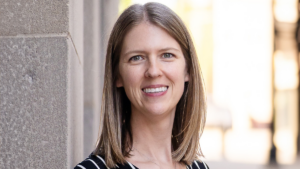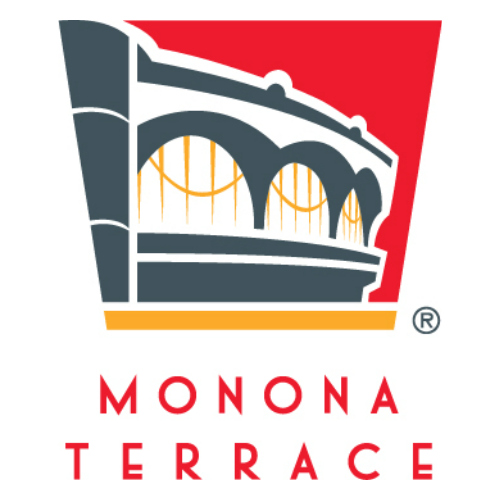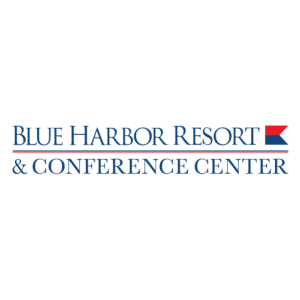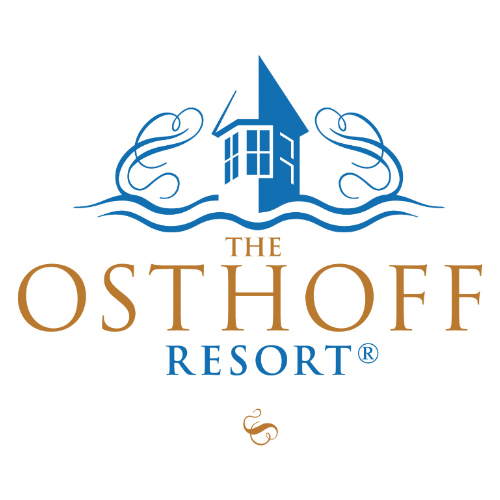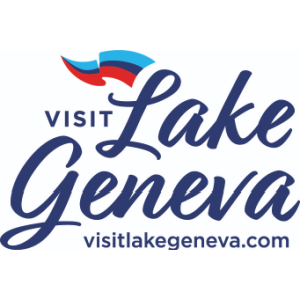DMOs are your new BFFs
02/15/2017
By Clair Urbain
Too many meeting planners face it. Too many meetings to plan, not enough time to plan them and no budget to enlist the extra hands, feet and expertise to get it all done.
Even if you’re not overbooked with too many meetings, planning an out-of-town event is a daunting task, especially for more complicated events with greater attendance and many moving pieces. But there are resources available that can help you achieve your results, and what’s better… it’s almost always free.
NOT TOO GOOD TO BE TRUE
Increasingly, convention and meeting hotspots are developing destination management organizations (DMOs) that become clearinghouses for local and remote meeting planners. One of their primary functions is to be the conduit of information between planners and local resources to streamline the event planning process and even help your group provide more attractions, services and events for less.
Many of these groups are tied in with the local chamber of commerce or convention and visitor’s bureau, reports Janine Wachter, director of Convention Services, Greater Madison Convention & Visitors Bureau. Wachter and her staff have helped many groups plan successful meetings in the Madison area.
“We can be your boots on the ground. We know the venues, attractions and hotels. We offer planning services and can provide RFPs to area venues and hotels and then send back a bid book or proposal that assembles all the information in a format that is easy to review and compare,” she says. “We can offer many services to meeting planners.
We are cheerleaders for Madison, and we can help with images, welcome letters from local dignitaries and a plethora of other services that can help promote the event to potential attendees and make it successful for planners and their organizations.”
DMOs work with local venues continually and over time, develop good working relationships that can turn into better experiences for those planners working with the DMO. “While there are destination management companies available in many markets, the DMO does it complimentarily due to our unique funding model,” Wachter says. However, DMOs also work hand-in-hand with for-pay services destination management companies that may also have a special rate with hotels or a venue or other vendors. There may be a fee or commission on their services.
SEPARATE THE WHEAT FROM THE CHAFF
Finding a good DMO resource can take some work, but is worth it, says Amy Karas, convention sales and marketing manager, Fox Cities Convention and Visitors Bureau in Appleton, Wis. “A good DMO knows the area venues and what types of events fit where. We are funded by room tax so the services we provide to planners are free with the exception of setting up a room reservation system. It is our goal to help free up planners’ time.” Karas says volunteer organizations truly appreciate the assistance. “For clubs that are managed by volunteers, we can take much of the planning responsibilities off their plate.”
GET THE MOST FROM A DMO
A DMO needs to know as much as possible about your event to be of the most assistance. Karas suggests having the following information in hand before contacting a DMO:
- The projected number of people and rooms needed. “That can often be found in past event history,” Karas says.
- The types of meeting spaces needed. “Do you need general session space? Convention space? Breakout rooms? What are your food and beverage needs?” Karas asks.
- What types of interests do the attendees have? “We have seen more interest in groups wanting to take on what we call is a ’voluntourism’ project. For example, if it’s an environmentally aware group, perhaps a cleanup day at a park or roadway would be of interest. Still other groups like the idea of going to a baseball game, such as the Timber Rattlers, the local minor league team,” Karas says.
- Location preferences. Some groups prefer a downtown atmosphere while others prefer the outskirts of town with easy highway access.
- Per diem or rate restrictions for attendees. “For example, state employees attending functions have a set rate they can spend on hotels or food. It’s good to know that so venues can address those concerns or needs,” Karas says.
YOUR TALENT SCOUT
DMOs can be very helpful lining up speakers, performers and services needed for a successful meeting. They also know the ins and outs of local codes, such as fire marshal requirements. “One of our most unusual requests was to set up a nine-mile parade route in the city of Madison. We worked with the police and other officials to stage the best route. It was a very unique service — most groups don’t need a parade but we were able to accomplish it because we understand local regulations, what permits are needed and who to contact,” says Wachter.
“We have a tremendous resource for speakers through the UW-Madison campus,” adds Wachter. “We can identify and help schedule local speakers with the expertise that interests or engages the group. It also helps keep costs down because there are little or no travel fees associated with using the local speakers.”
The DMO can also help reduce costs in other ways. For example, they know printers that can produce convention materials ranging from name badges to programs and more so they don’t have to be shipped.
SECRETS TO SUCCESS
Both Karas and Wachter agree that the most successful meetings have ample planning time. “We can help identify better weeks or days to have your meeting,” says Karas. “For example, we have the Experimental Aircraft Association (EAA) Fly-in and all the Packers football game dates on our calendars. You don’t want to be trying to plan a meeting or convention during those times because hotels are very expensive or even booked up during those times,” says Karas.
“Planners need to be good communicators. We need time to assemble the information you need and it is easier to help clients if they get back with answers to our questions in a timely fashion. We work with planners of all experience levels, and find that those who communicate and are responsive to our questions are most pleased with the end result. Even less experienced planners who are part of clubs or small associations are easy to help if they communicate effectively,” adds Karas.
While a DMO may be a one-stop shop for planning a meeting or convention in a city or area, they can’t do everything. “We will contact area providers for bids, quotes or participation in events, but we are not able to solicit local businesses for sponsorships. We also cannot negotiate rates for the planners; that would be collusion. But we can produce an RFP that venues can respond to, and then we can assemble the quotes into a format that’s easy to understand for planners to make their own decision,” says Wachter.



